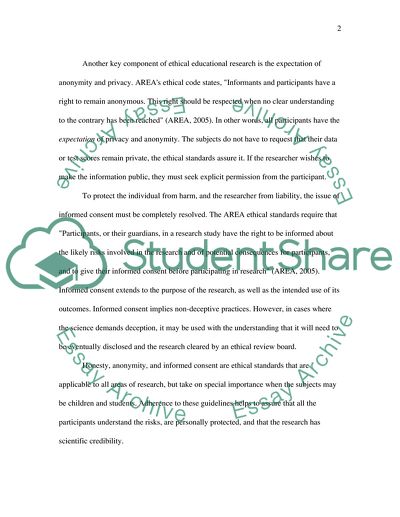Cite this document
(“Ethical Standards of the American Educational Research Association Essay”, n.d.)
Ethical Standards of the American Educational Research Association Essay. Retrieved from https://studentshare.org/education/1555692-see-order-instructions
Ethical Standards of the American Educational Research Association Essay. Retrieved from https://studentshare.org/education/1555692-see-order-instructions
(Ethical Standards of the American Educational Research Association Essay)
Ethical Standards of the American Educational Research Association Essay. https://studentshare.org/education/1555692-see-order-instructions.
Ethical Standards of the American Educational Research Association Essay. https://studentshare.org/education/1555692-see-order-instructions.
“Ethical Standards of the American Educational Research Association Essay”, n.d. https://studentshare.org/education/1555692-see-order-instructions.


